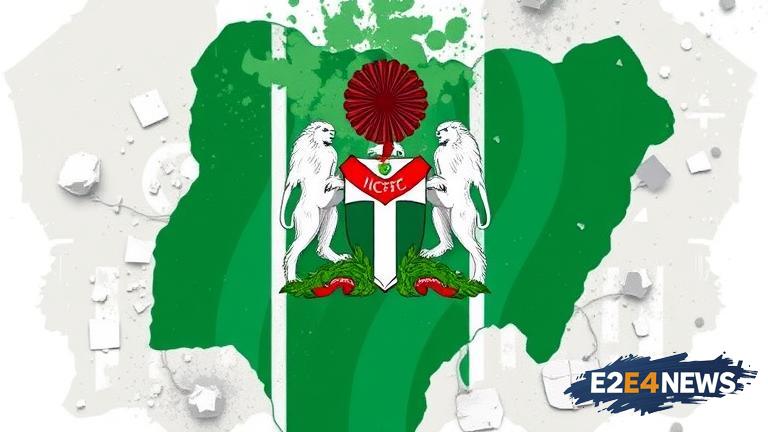The Independent Corrupt Practices and Other Related Offences Commission (ICPC) in Nigeria has launched a campaign to eradicate systemic corruption and job racketeering in the country. The ICPC is seeking the support of all stakeholders, including the government, private sector, and civil society, to combat this menace. Systemic corruption and job racketeering have been identified as major obstacles to Nigeria’s development, and the ICPC is determined to tackle them head-on. The commission has been working tirelessly to investigate and prosecute cases of corruption, and has secured several convictions in recent times. However, the ICPC acknowledges that it cannot do it alone, and is calling on all Nigerians to join the fight against corruption. The ICPC has also launched a series of initiatives aimed at preventing corruption, including the development of a national anti-corruption strategy. The commission is also working with other government agencies, such as the Economic and Financial Crimes Commission (EFCC), to share intelligence and best practices in the fight against corruption. Furthermore, the ICPC is engaging with the private sector to promote transparency and accountability in business dealings. The commission is also collaborating with civil society organizations to raise awareness about the dangers of corruption and to mobilize public support for the anti-corruption campaign. In addition, the ICPC is working with the media to promote investigative journalism and to expose cases of corruption. The ICPC has also established a whistleblower policy to encourage Nigerians to report cases of corruption. The commission is committed to protecting the identity of whistleblowers and to ensuring that they are not victimized for reporting corruption. The ICPC is also working to strengthen its internal processes and procedures to prevent corruption within the commission itself. The commission has established an internal audit unit to monitor its finances and operations, and to prevent any form of corruption or misconduct. Moreover, the ICPC is collaborating with international organizations, such as the United Nations, to share best practices and to learn from other countries’ experiences in fighting corruption. The ICPC is also working with the Nigerian government to develop policies and laws that promote transparency and accountability. The commission is advocating for the establishment of a national anti-corruption agency that will coordinate the fight against corruption across all government agencies. The ICPC is also calling for the strengthening of the country’s anti-corruption laws, including the ICPC Act, to provide more effective penalties for corrupt practices. Furthermore, the ICPC is working to promote transparency and accountability in the management of public finances, including the budgeting process. The commission is also advocating for the implementation of open contracting practices, which will allow citizens to track government contracts and to monitor the use of public funds. In conclusion, the ICPC is committed to fighting systemic corruption and job racketeering in Nigeria, and is seeking the support of all stakeholders to achieve this goal. The commission believes that with the collective efforts of all Nigerians, it is possible to eradicate corruption and to promote transparency and accountability in the country.





